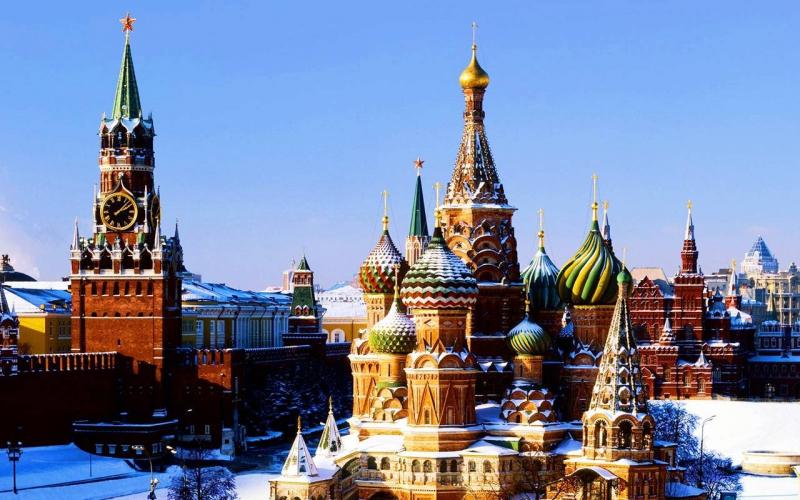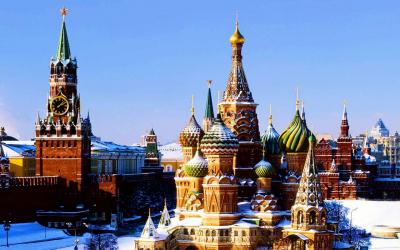Kremlin official Vladimir Medinsky has published four history books for students aged 16 to 18, offering a completely altered narrative of the fall of the Soviet Union, the Putin era, and the reasons behind the war in Ukraine. According to the narrative in the books, young Russians must understand the tragedy of the Soviet Union's collapse, the treachery of the West, and the necessity of sacrificing themselves for their motherland, Russia.
The books, which will be introduced in schools next month, reflect Putin's historical perspectives characterized by pride in the achievements of the former Soviet superpower, a sense of pain over the collapse of the Soviet Union, and encouragement for a "new birth" of Russia under the leadership of the former KGB spy, which began on the last day of 1999. One passage from page 393 states, "The West became preoccupied with destabilizing the internal situation in Russia. The goal was not hidden... to dismantle Russia and control its resources."
The chapter titled "Russia Today - The Special Military Operation" reflects Putin's disappointment with the West after Russia expressed support for the United States during the September 11 attacks in a gesture of friendship following the Cold War. The final chapter of the 447-page book titled "History of Russia 1945 - Beginning of the 21st Century" focuses on the reasons behind the largest ground war in Europe since World War II: the war in Ukraine, which has resulted in hundreds of thousands of soldiers being injured or killed.
For the longest-serving Russian leader since Joseph Stalin, Putin is striving to "exorcise the ghosts of Russian history," whether by lamenting Moscow's silence on the collapse of the Soviet Union or advocating for the "historical unity of Russians and Ukrainians" in a 6,900-word article released less than eight months before he issued orders for troops to enter Ukraine.
The book claims that the West expanded its military alliance, NATO, eastward despite promises not to do so, ignored the persecution of Russians, incited "color revolutions" in Georgia and Ukraine, leading to the ousting of established elites from power. Western leaders, Russian dissidents, and some Russian historians reject this interpretation, describing the war in Ukraine as a grave strategic error that exposed Moscow's weaknesses and strengthened Ukrainian nationalism.
The book concludes with brief biographies of some Russians who were killed in the Ukraine war, which the book does not label as a war.




